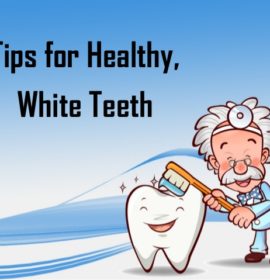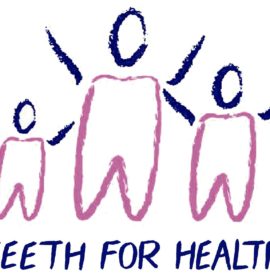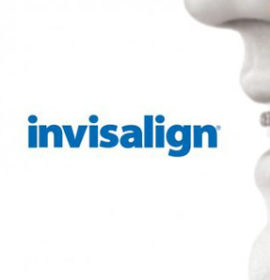
Stress and Dentistry
Dentistry
Do you get easily irritated? Do you often find yourself racing throughout the day to finish all your tasks? Do you make a big deal out of everything? If you answer yes to all questions, it’s a sign that you are stressed out.
Stress is something that affects all people. With the lifestyle and workloads people have these days it’s not uncommon to find people easily aggravated and tired. The fast pace of life to make the ends meet or to achieve the peer levels have stressed the young and the old alike .The pressures of economic ,social ,& Job related troubles generate stress related health problems not excluding dental health . You’re probably aware of what stress does to our bodies — it can cause anxiety disorders and panic attacks, and a lack of sleep can lead to grogginess and irritability. But stress and oral health is an entirely new ballgame for most people.
Unfortunately, our mouths have just as much of a chance of being affected by stressful situations as our bodies and minds do. Researchers have found a significant link between stress and oral health, helping us better understand what part anxiety and depression take in the development of dental problems. We now know that stress is a contributing factor to the following conditions:
Bruxism — Stress can cause us to grind our teeth at night, leading to tooth damage. The squeaky sounds of night grinding may be audible to others. You may wake up tired or having pain on the cheeks and may also have difficulty in opening the mouth. If you’re diagnosed with buxism, a night guard can be prescribed to protect your teeth.
Canker Sores — No one quite knows what exactly causes canker sores or aphthous ulcers, but they are sometimes brought on by stress. Although harmless, these small sores can be painful.
Dry Mouth or Xerostomia — When the mouth doesn’t produce enough saliva, it can experience chronic dryness. Not only does dry mouth result from conditions caused by stress, but it is also a common side effect of drugs used to treat depression. If you have xerostomia the chances of getting caries ( dental decay) is much higher.
Burning Mouth Syndrome — Psychological problems are just one of the many factors known to causes burning mouth, which is identified by a burning sensation on the tongue, lips, gums or palate.
Lichen Planus — Lichen planus of the mouth is characterized by white lines, sores and ulcers in the oral cavity. Some experts believe lichen planus is a reaction to stress.
TMJ/TMD — Stress contributes to temporomandibular joint disorders in many fashions. Trauma and tooth grinding are common causes of temporomandibular joint disorders, while emotional factors such as anxiety and depression can also trigger symptoms.
Gum Disease — Studies have shown that long-term stress affects our immune systems, increasing our susceptibility to infections such as periodontal diseases. Other Risk Factors As you can see, stress and oral health often go hand-in-hand, but stress also takes indirect paths to affect your dental health.
Patients who are under stress tend to neglect their oral hygiene routines — when you have so much going on, it’s hard to remember to brush correctly. Poor diet is also a result of stress — sugary and carbohydrate-laden foods that promote tooth decay might be consumed on a more frequent basis when we are busy or depressed. There is yet another significant correlation between stress and oral health — stress not only causes dental conditions, but painful dental problems can also increase our levels of stress and anxiety.
Furthermore, our ability to tolerate pain is compromised as our bodies struggle to adapt to stressful situations. As a result, tooth pain can become more extreme during times of stress. Time to De-Stress! If you’re feeling stressed, don’t forget about your dental health. Take the time to focus on your oral hygiene regimen, and don’t use smoking or alcohol to relieve stress. These habits are highly addictive, and they have damaging effects on your oral cavity. Instead, take proper measures to reduce stress in your life, such as eating well, exercising and getting plenty of sleep.
If you suffer from extreme anxiety or depression, seek professional help. If you’re worried that stress is affecting your teeth or gums, see a dentist — he or she can treat dental problems caused by anxiety and offer suggestions for better dental care
Leave a comment





